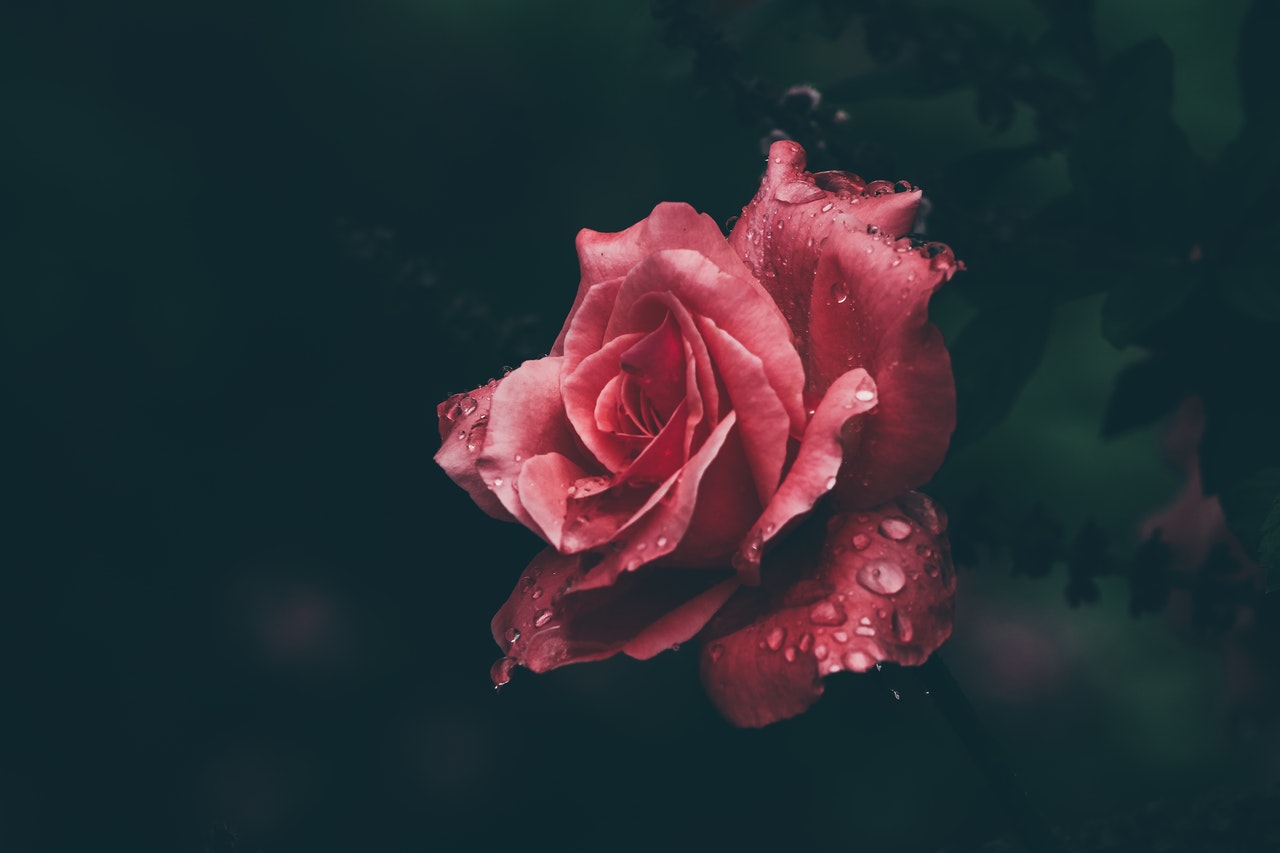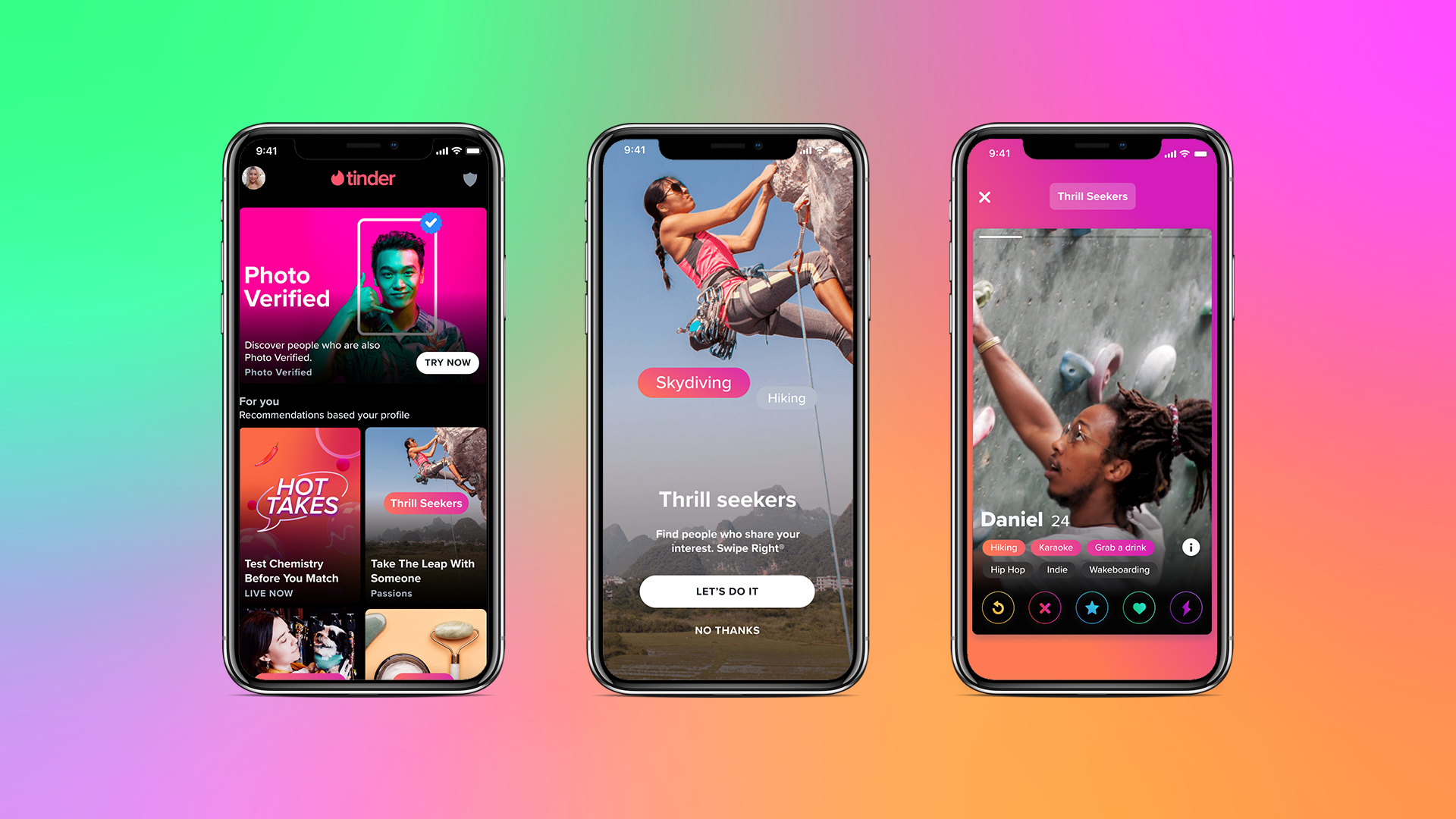Fans of progressive heavy rock will be familiar with the five mean and talented guys from Dream Theater—James LaBrie, John Myung, John Petrucci, Mike Portnoy and Jordan Rudess. We shudder as we near the legendary band, and pray that keyboardist Jordan Rudess will not notice our trembling hands and fake tattoos as we chat with him.
So many bands have come and gone, but Dream Theater has survived 20 years. What’s the secret of the band’s longevity?
Dream Theater has always been very honest. We are not catering to fashion or trends—this is what makes us unique. We are just making our own music. Many appreciate us for what we do, and that’s why we’ve survived for so long. We are not just another passing fad.
What are some of the ups and downs that Dream Theater has gone through?
Before I joined the group about seven years ago, there were a lot of personal problems within the band. There was also a lot of pressure from the record company to make the group commercial. That was one of the worst periods for Dream Theater. Now we are recovering, and things have been smooth sailing for the past eight years. We just got back from South America; it was very exciting to see we have a big following there.
What keeps Dream Theater’s music evolving?
Dream Theater has always been about creativity. We always keep our ears open to what’s happening in the world. That keeps our music changing, growing and progressing.
All of you are masters of your crafts and excellent solo musicians. What is it about going solo that you can’t do as a band?
The music we make as Dream Theater is a fusion of our individual styles. Our solo projects allow us to stretch out and go into a style we wouldn’t go into as a band. I am into classical piano and I find it very rewarding to pursue that. I also use synthesizers to create very heavy and deep rock music that wouldn’t fit into the usual style of the group. John Petrucci recently has a solo album that has no keyboards at all.
What are the highlights of your coming concert in Singapore?
Our 20th anniversary concert in Singapore takes a retrospective look at all the music we’ve made—tunes from our first to our newest album. We will be playing for about two and a half to three hours. It should be fun.
We admit we are guilty of sneaking in cameras and recording devices into concert halls. What is your opinion on bootlegs?
We are fine with them. They keep the energy going. A true fan will have everything related to Dream Theater—including bootlegs. Bootlegs are dangerous for groups which follow trends or fashion, because these groups die out fast and bootlegs will affect the album sales. But we are not one of these groups. So bootlegs don’t really affect us.
Tell us more about your newest album, Octavarium.
Dream Theater writes lyrics that are deeper than a standard love song. Each song in Octavarium has its own story behind it. For example, “Sacrifice” talks about the 9/11 incident. There are eight songs in total, and each song is like a different step in a musical scale. Everything in Octavarium, including the artwork on the album sleeve, plays around with the number eight.
So, what music is Dream Theater listening to right now?
We listen to different genres of music. I am currently listening to electronic music. Some of the stuff I’m listening to includes Porcupine Tree and RadioHead.
Any words for fans?
We are very appreciative of fans. They make our careers happen. We enjoy going to different places such as Singapore, Hong Kong and Bangkok. New places, new people, new fans.





